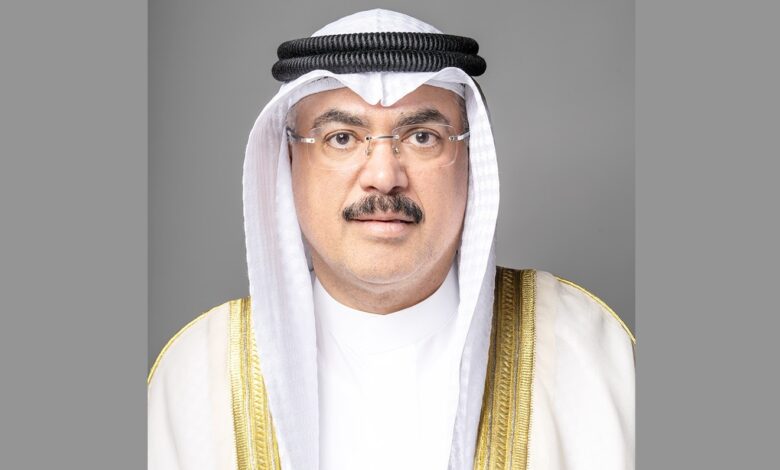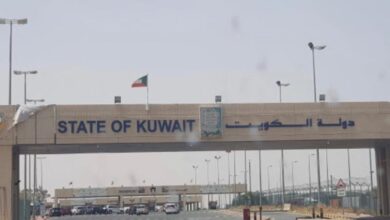“Education Ministry” unveils plan to revamp curriculum for grades 1 to 12

The Education Minister Jalal Al-Tabtabaei directed the formation of specialized task forces to immediately begin implementing the necessary procedures for cooperation with the Organization for Economic Cooperation and Development (OECD), in order to ensure the achievement of the objectives set out in the joint plan for the development of the curriculum in accordance with the agreed timetable.
In this context, the Ministry of Education emphasized its commitment to leveraging all available capabilities and resources to execute the curriculum development plan across all school levels. This plan aims to build a sustainable educational system, enhance Kuwait’s global ranking, and prepare future generations to tackle the challenges of tomorrow effectively.
The Ministry explained that comprehensive frameworks were developed and previously discussed during a meeting between Minister Jalal Al-Tabtabaei and Dr. Andreas Schleicher, Director of the Department of Education and Skills at the OECD. The action plan includes a series of ambitious goals designed to create a qualitative transformation in the curriculum.
Moreover, the Ministry announced that the plan involves developing an integrated curriculum framework for grades One to Twelfth, aligning with international standards and addressing future requirements.
A comprehensive study will be conducted on the current curricula for Mathematics, Science, and English language, with recommendations to align them with international best practices. The plan also includes developing mechanisms for implementing a teacher licensing test to ensure the effectiveness of the educational staff, in coordination with the relevant authorities.
Additionally, training programs will be provided to enhance teachers’ skills, ensuring they are equipped to adapt to changes in curricula and modern education systems.
The plan also entails conducting a reference study of the Mathematics, Science, and English curricula across the primary, middle, and secondary education stages to ensure alignment with international standards. Additionally, global examples will be identified to guide Kuwait in designing curriculum frameworks that reflect best practices worldwide.
The Ministry of Education stated that it has outlined the key pillars of the plan, including supporting the development of a reform strategy for the national curriculum in public schools over a period of 6 to 9 months. This effort will be undertaken by a specialized working team from the Ministry in collaboration with the OECD.
A workshop will also be organized, bringing together Ministry of Education officials and specialists from the educational sector. The workshop aims to facilitate collaboration in preparing the strategic plan and will include the participation of international experts to share their experiences in curriculum reform.
Furthermore, the Ministry of Education will receive support in designing and implementing teacher licensing tests to ensure the professional competence of the teaching staff, while drawing on the experiences of other countries in this area.
The Ministry announced its plans to begin preparations for participation in the PISA study tests, scheduled to be included in the 2025 session. The actual implementation of the tests will take place between 2026 and 2028, with the results to be analyzed in 2029 and officially announced in 2030.
The impact of the plan to develop the educational system on educational outcomes will be evaluated based on the results obtained from these tests.
The Ministry explained that it is working on a comprehensive plan, following a well-structured schedule, which includes the formation of a national educational team dedicated to preparing educational staff. This team will focus on developing the necessary tools and skills to ensure students are fully prepared for these tests.
Source: Al Qabas













